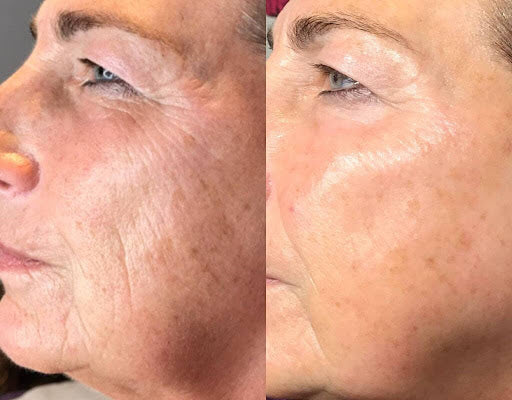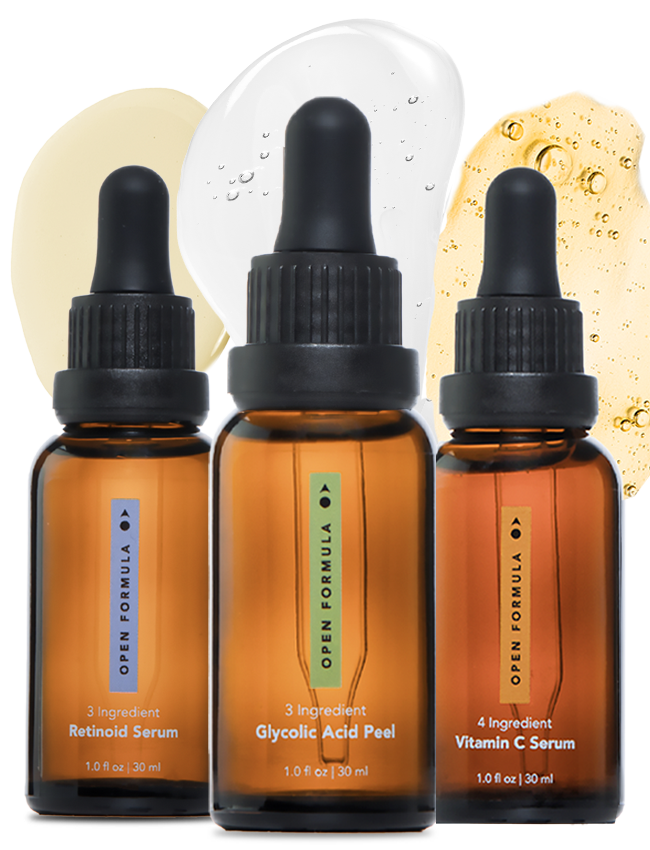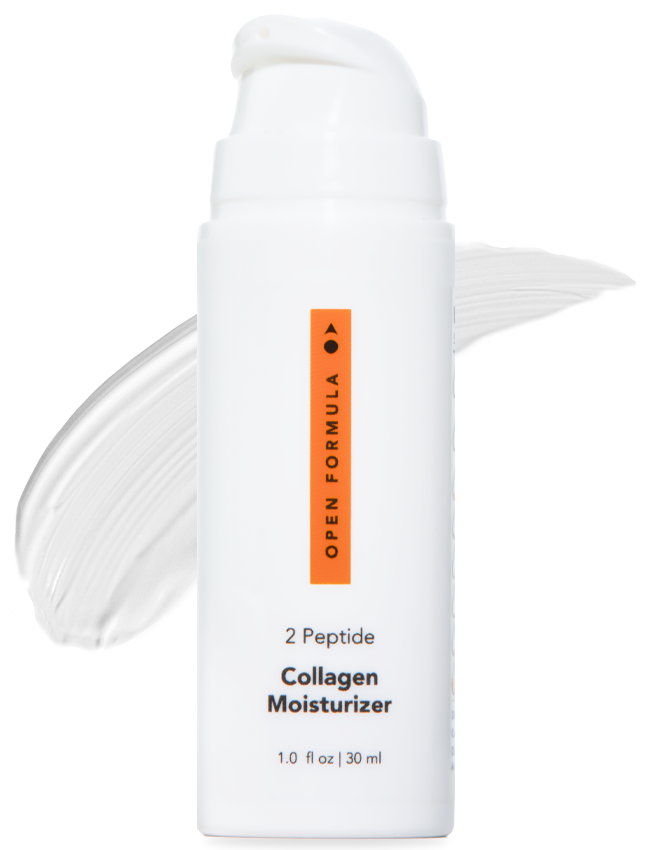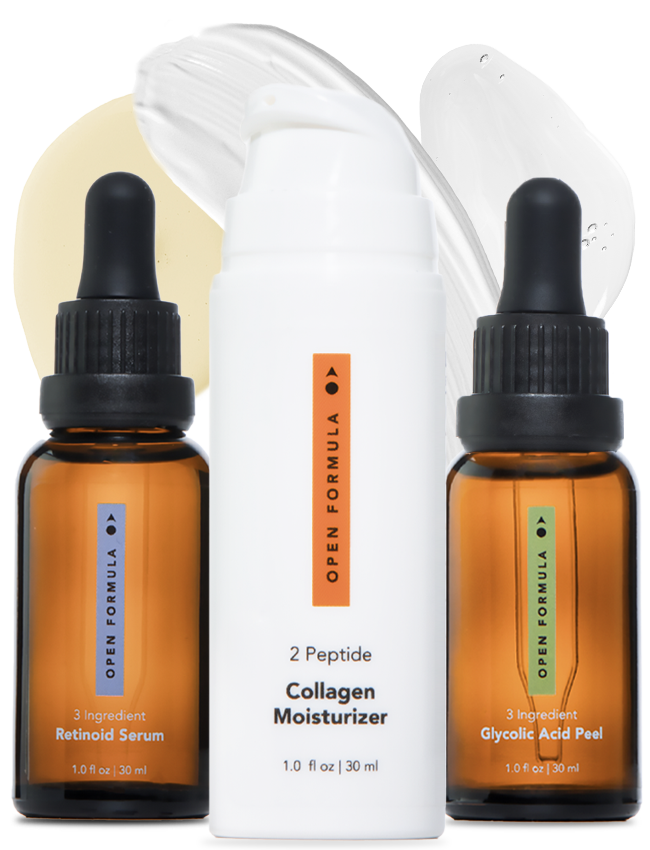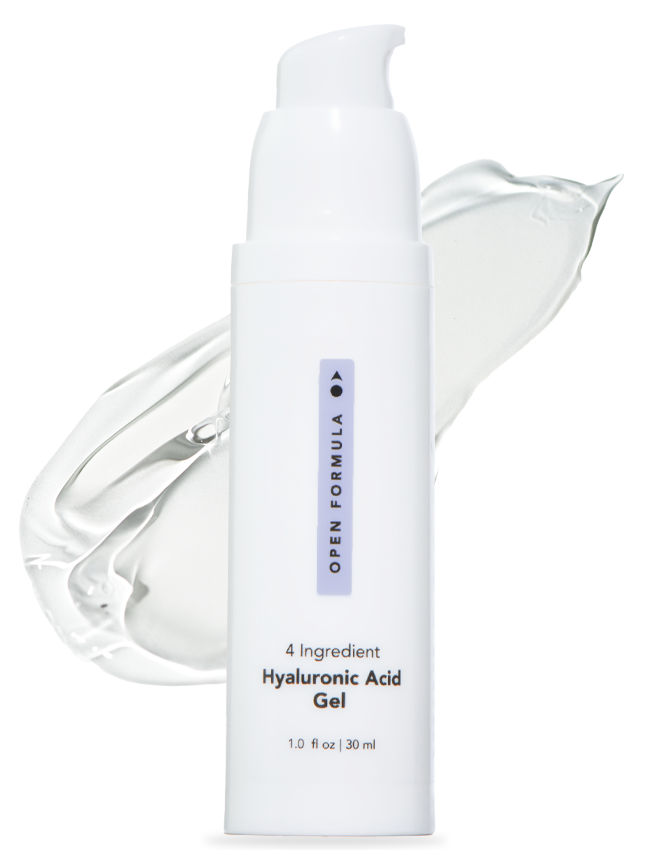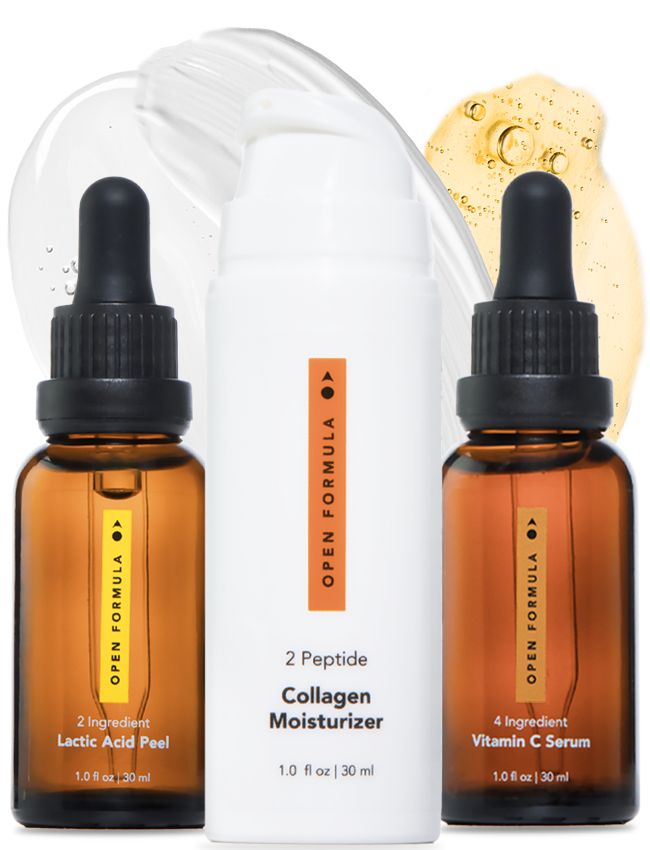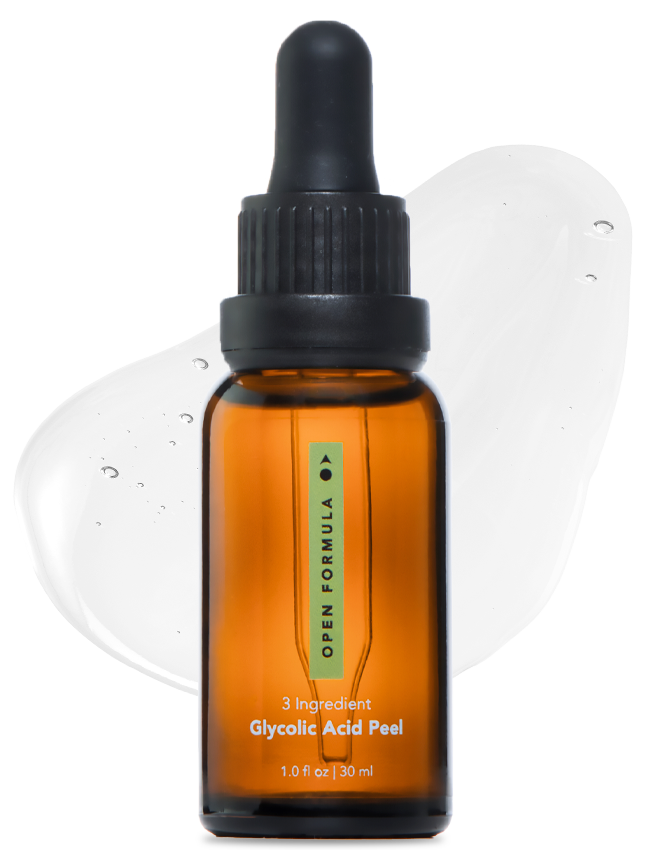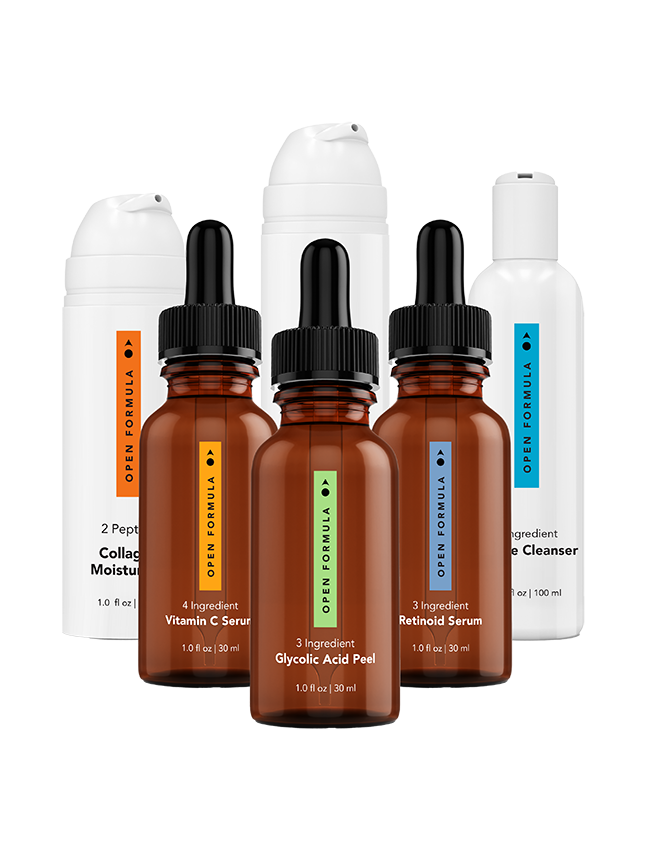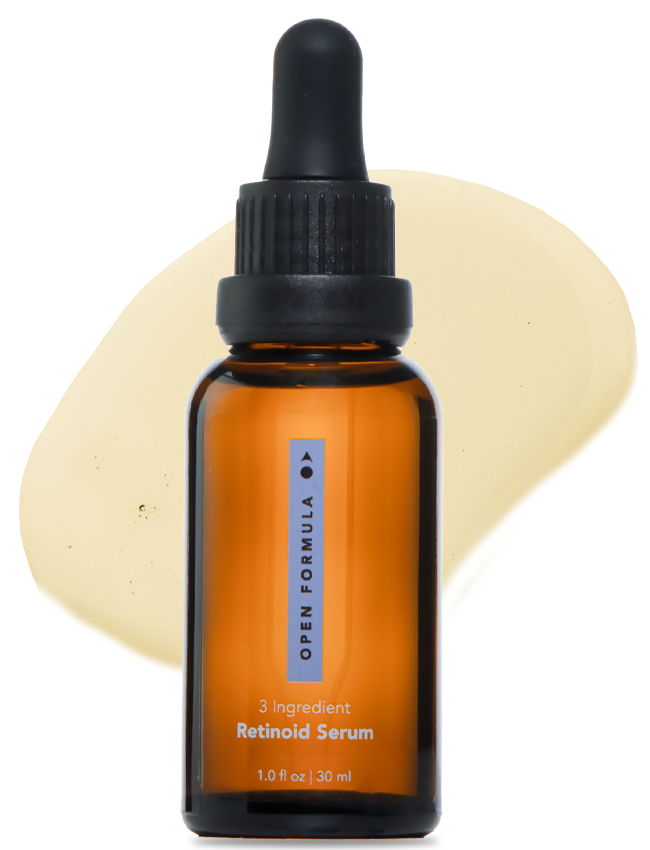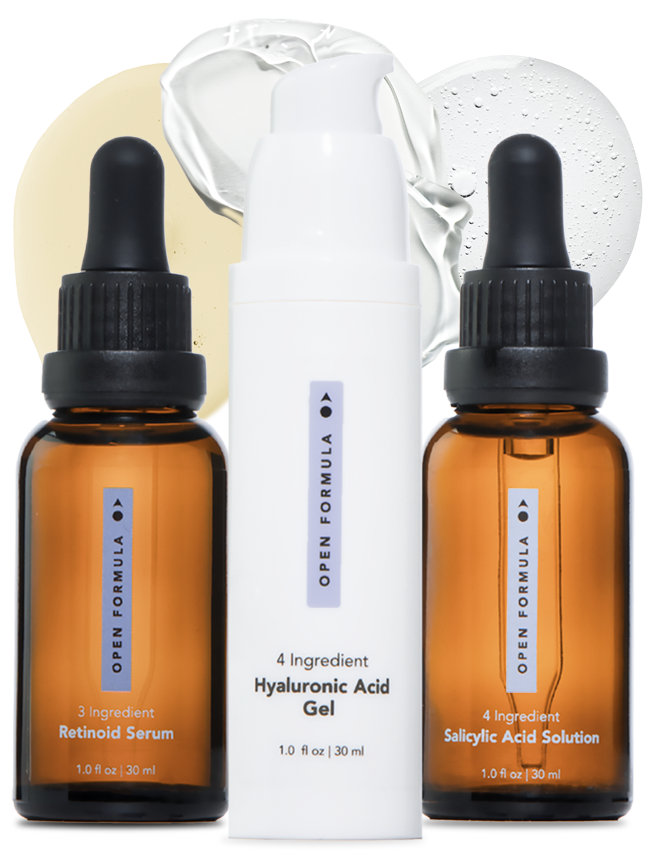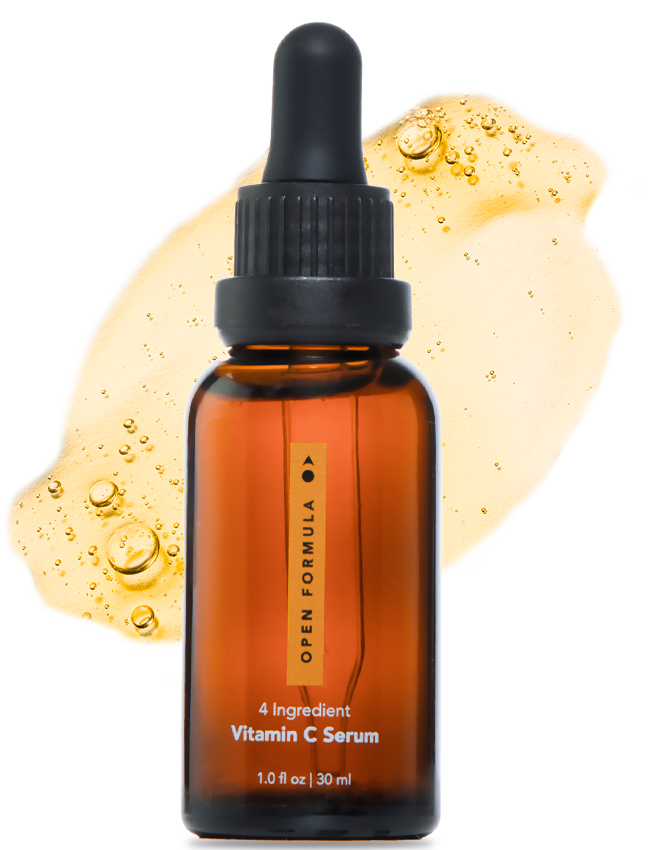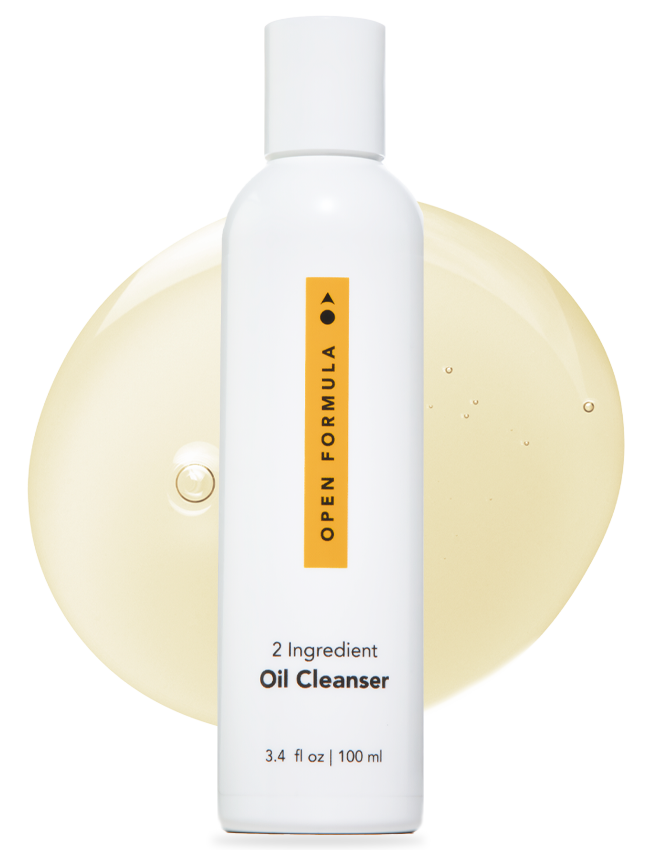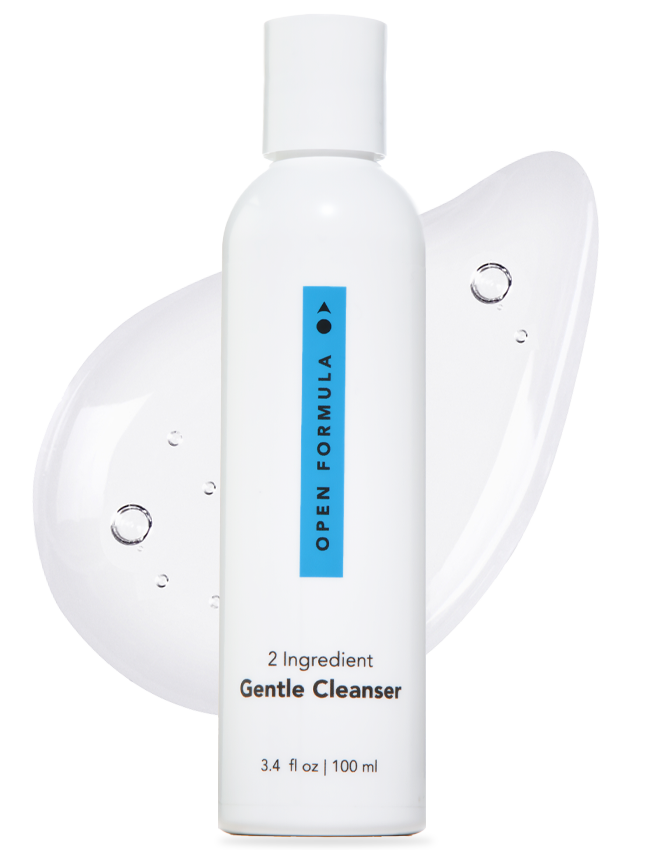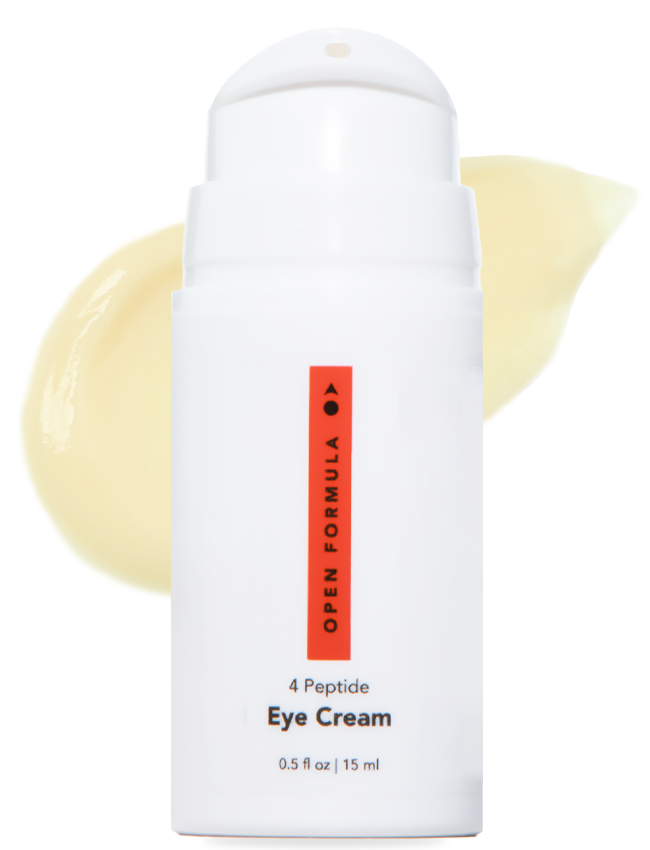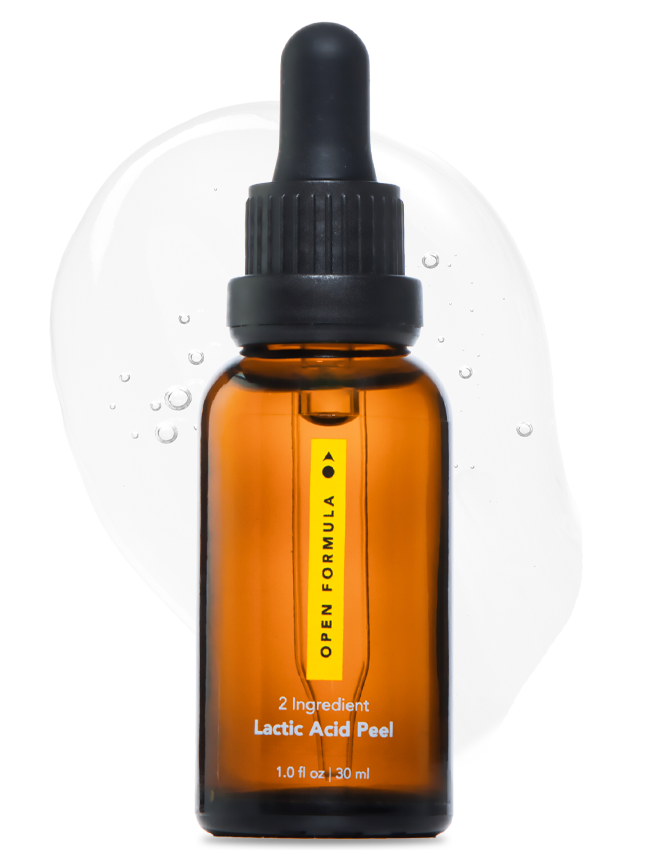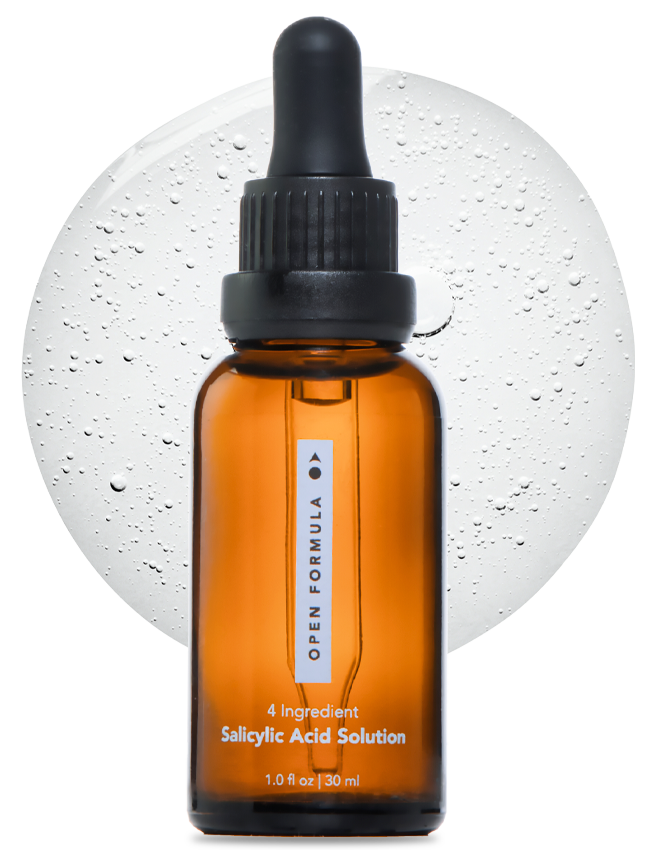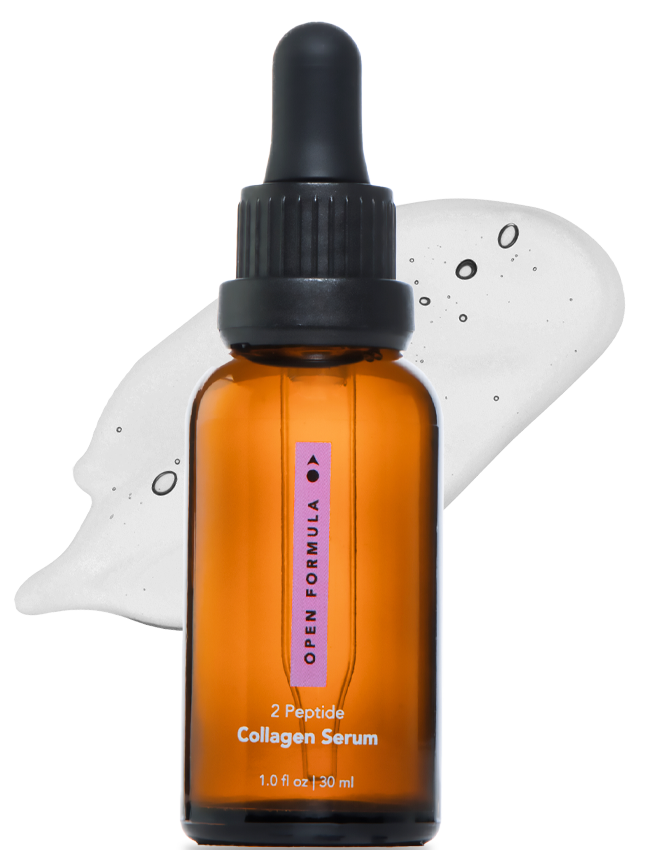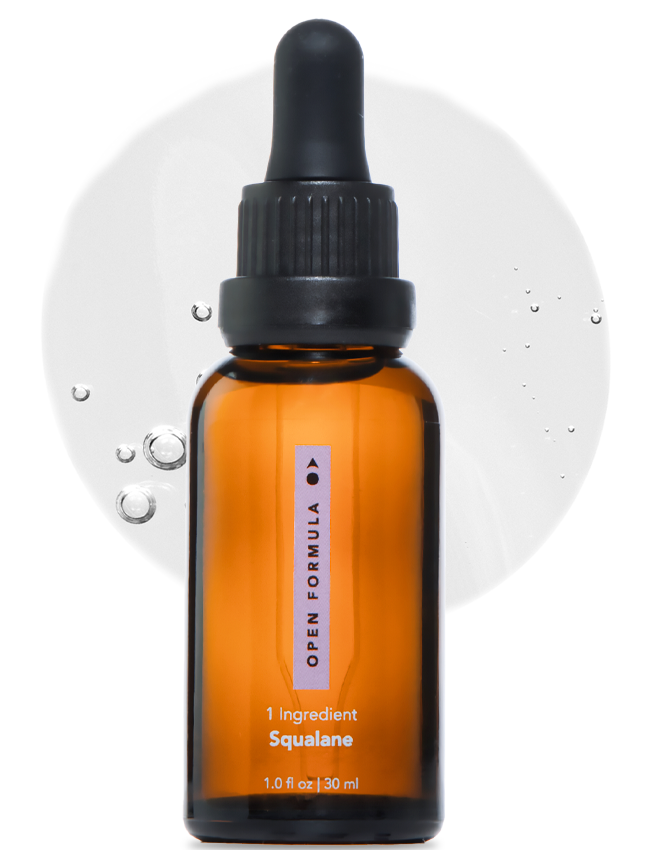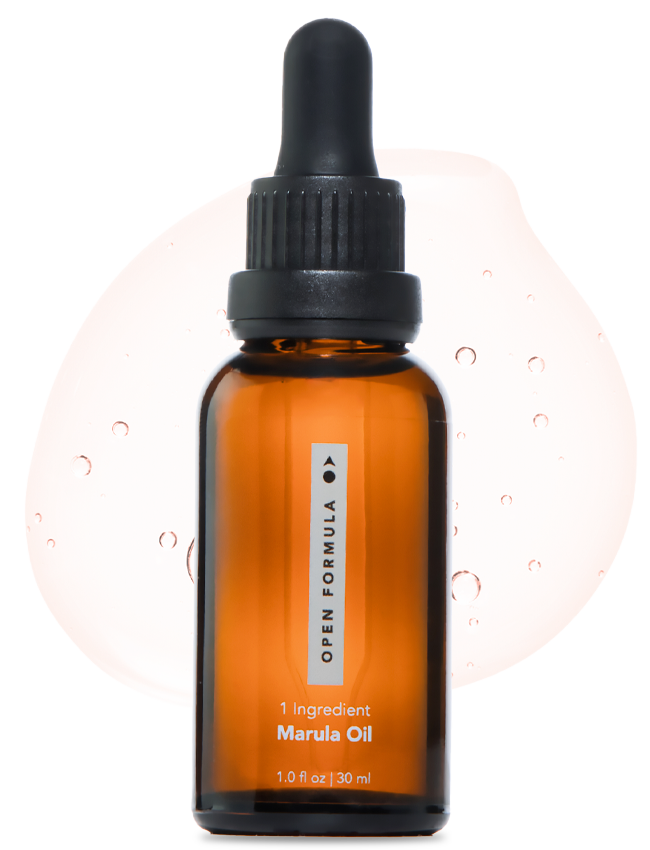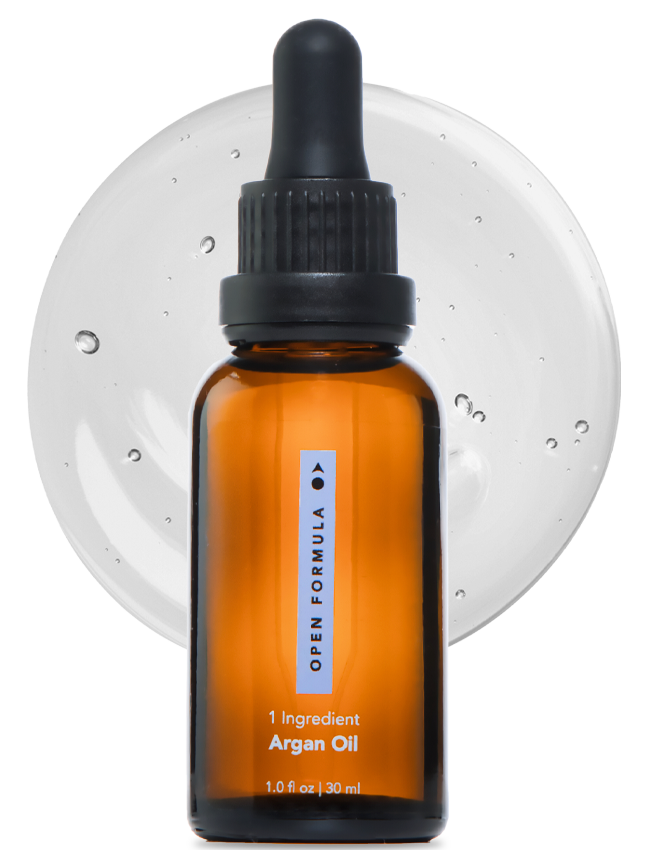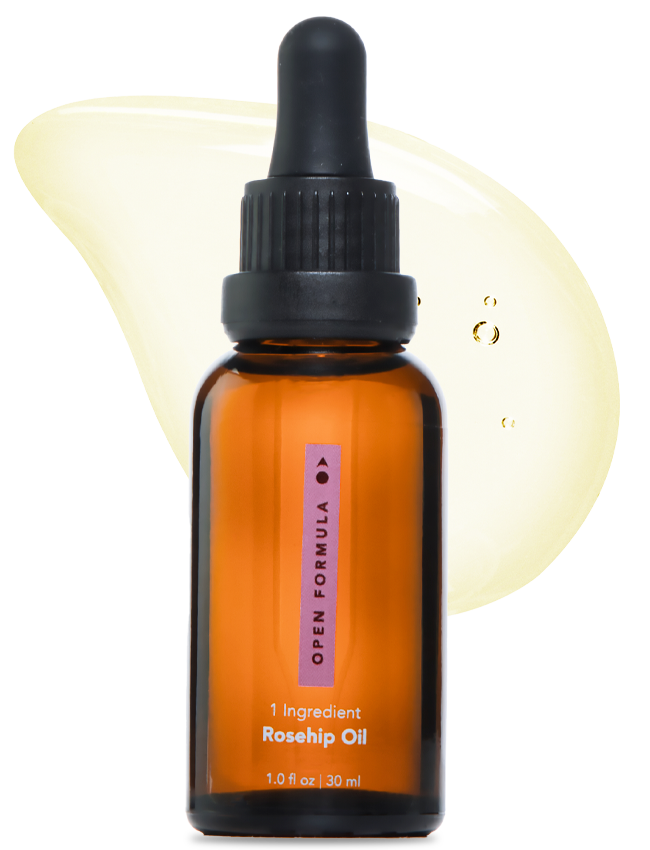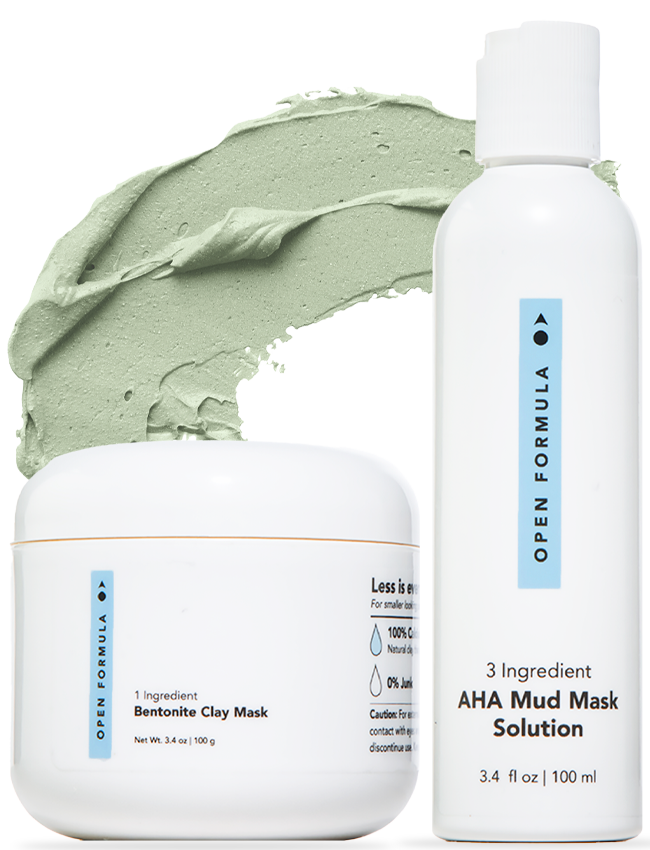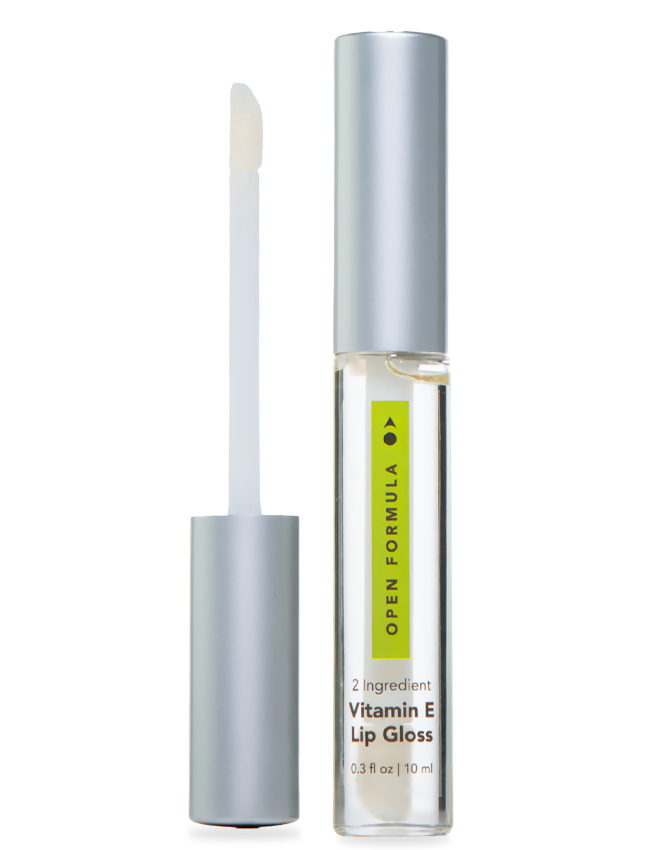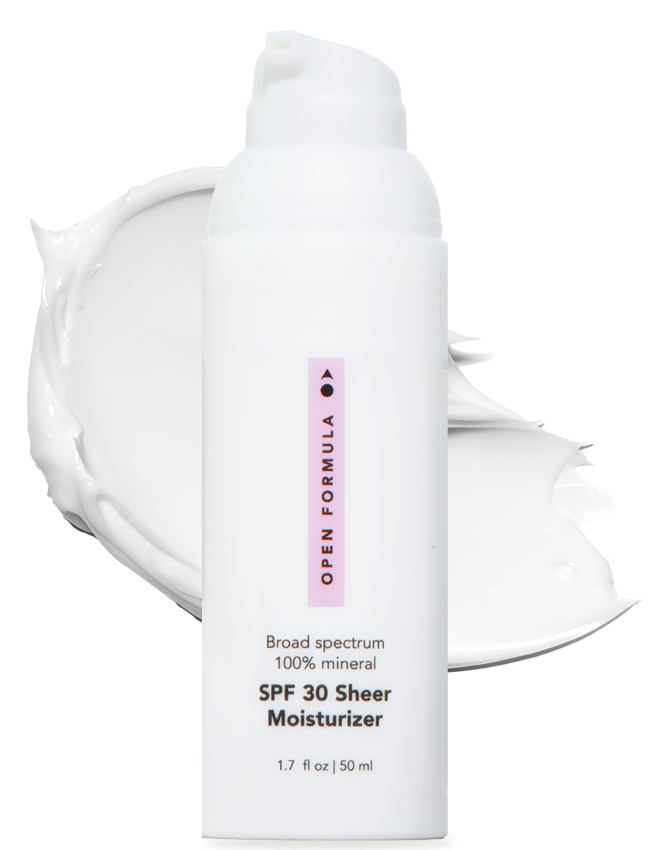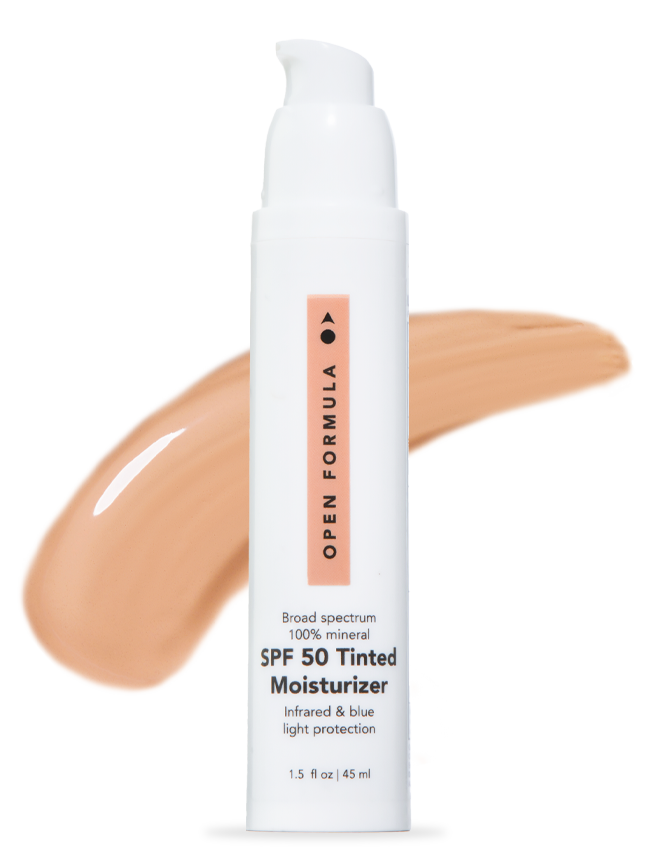Have you ever worried about it being too late to start an anti-aging skincare routine?
The truth is, it is never too late. No matter how early - or late - you start to use anti-aging products such as retinol, they infuse your skin with the same benefits: firming crepey skin, softening existing wrinkles, and preventing them from deepening as much.
Whether or not you start this type of skincare routine earlier or later in life just means that your goals will be slightly different; rather than aiming to completely prevent wrinkles, starting an anti-aging routine later in life means your skincare routine will effectively treat what is already there.
However, in all cases, an anti-aging skincare routine has the same effect on your skin: increasing collagen production. Here’s exactly what your anti-aging skincare routine should include.
What Should an Anti-Aging Routine Include?
The number one goal of any anti-aging skincare routine is to increase your skin’s collagen levels. Collagen is an essential part of the skin’s structure that directly affects how skin looks. Babies have skin that is full of collagen - that’s why it’s so soft, yet bouncy and firm.
Loss of collagen levels in skin naturally occurs as we age, however, this doesn’t mean that there aren’t ways to boost and preserve your skin’s current collagen levels. These anti-aging ingredients can be used on existing signs of aging, to soften them and prevent them from deepening further.
Retinol
One of the most well-researched skincare ingredients, Retinol visibly improves the appearance of wrinkles by directly increasing your skin's collagen levels. Increasing collagen levels in skin means that wrinkles appear softened, and slows down the deepening of existing wrinkles on skin.
Boosting skin’s collagen levels also has the added bonus of helping skin bounce back faster from ‘injuries’. In scientific studies, this term is often used to cover everything from minor scrapes to breakouts.
Because adult acne can strike at any age, this means continued retinol use - even if it’s mainly for anti-aging - can help skin heal faster from breakouts with minimal damage left behind.
Exfoliants
An exfoliating peel can be used instead of or alongside a retinol in an anti-aging skincare routine. One of the best exfoliators to reach for with proven anti-aging benefits is glycolic acid.
Glycolic acid, like many exfoliating acids, benefits skin by improving firmness and skin elasticity.
It’s thought that these benefits come from glycolic acid’s ability to speed up your skin’s natural renewal processes, shedding old dead skin cells faster for visibly smoother, firmer skin.
Moisturizer
Moisturizers are the hard-working backbone of your skincare routine! These often underrated skincare products have the ability to lock in hydration, making sure that your skin doesn’t look more wrinkly or dry than it really is.
Formulated with ingredients such as Ceramides and Niacinamide, moisturizers have the critical job of helping your skin’s moisture barrier. This is an important skin structure that prevents external irritants such as pollution and a dry environment from stressing skin, causing premature wrinkles and worsening the appearance of existing wrinkles.
Sunscreen
One of the best ways to ensure that your skin stays full of collagen is to work hard to prevent collagen breakdown in the first place. The main environmental factor that causes skin to age faster than it normally would is ultraviolet light.
That’s because UV light damages skin cells, their stores of collagen, and messes up their ability to create more collagen. Preventing further UV damage to skin with a high sun protection factor sunscreen stops aging caused by the sun - so be sure to use a product with at least SPF 30 every single day!
Anti-Aging Skincare: The Bottom Line
It is never too late to start using anti-aging skincare. These anti-aging ingredients work hard to boost your skin’s collagen levels, no matter if you’ve started your anti-aging routine early in life or a little bit later.

